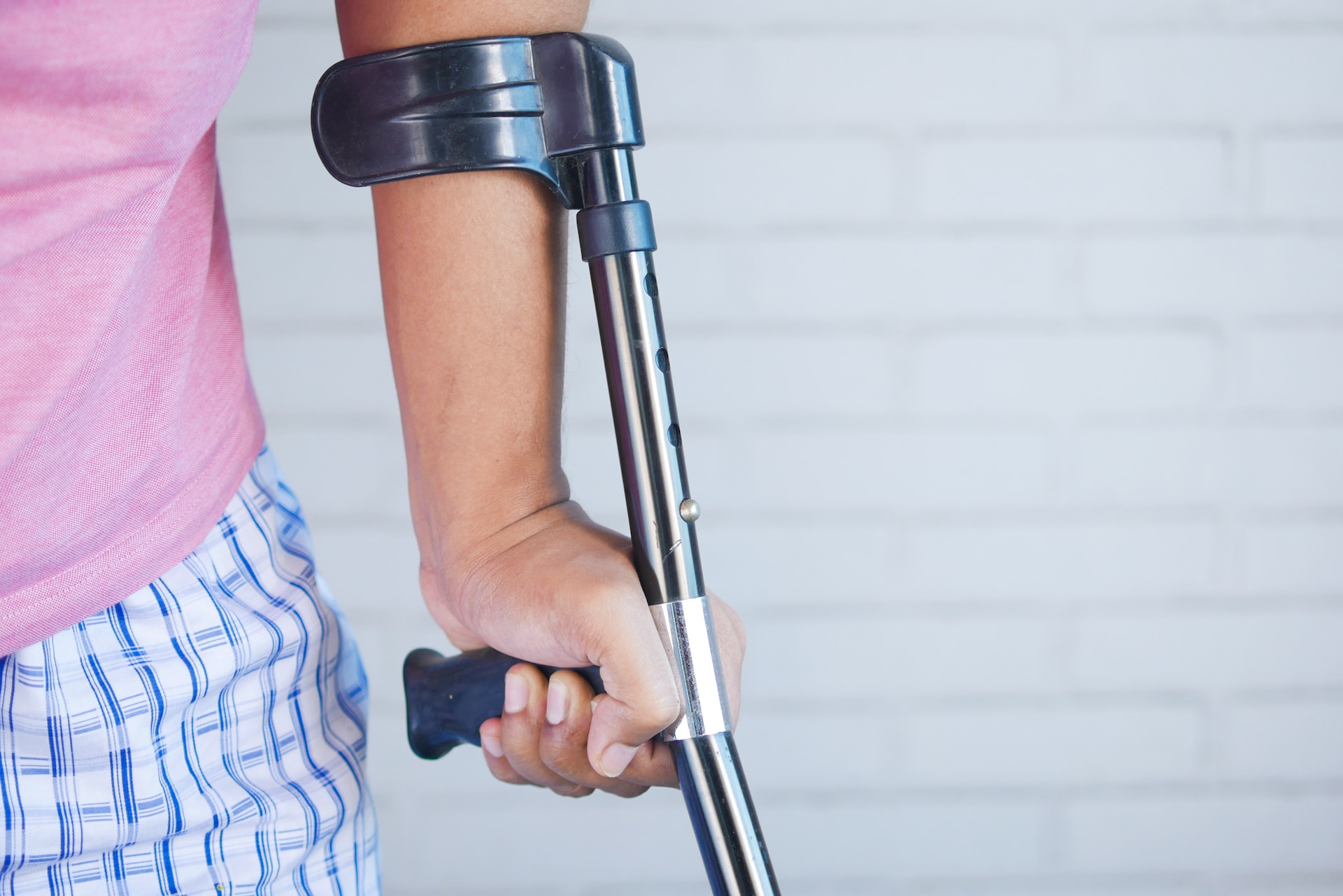Important Health Checks You Shouldn’t Overlook. Many of us wait until we feel ill to see a doctor. However, there’s no need to wait until you you’re unwell to see someone about your health. There are health checks that you should have carried out to help pick up on any problems before they become more obvious. This is especially important as you get older because your risk of developing a number of different illnesses and health conditions rises as you age. Once you reach 50, there are many health checks and tests that can help you stay on top of your health and catch any problems earlier.
Cancer Screening
There are many different types of cancer, and several of them become more of a risk as you get older. Some cancers should be screened for when you’re a younger adult, such as cervical cancer and testicular cancer. However, as you get older, there are various other cancers that are more common. These include breast cancer, bowel cancer, and prostate cancer. There are different screening tests that pick up different types of cancer. For example, a mammogram is designed to detect signs of breast cancer. Prostate cancer can now be detected with a blood test. It’s also a good idea to check your skin and keep an eye on moles for signs of skin cancer.
Blood Pressure Tests
Your blood pressure can be an indicator of your health in a number of ways. If it’s too high (hypertension) or too low (hypotension) is could mean there’s a problem or it can increase your risk of developing several problems. High blood pressure can put you at risk of heart attack, heart failure, stroke, and kidney disease. It might also be linked to some types of dementia. Your blood pressure can be checked at any time and at any age. It involves a cuff around your arm, which will inflate to measure your blood pressure. They’re usually digital these days, but they can sometimes be manually pumped up too.
Health Checks for Your Heart
Measuring your blood pressure will help to pick up on any problems that could cause heart issues. There are other ways to test the health of your heart too, from simple things you can do yourself to tests your doctor or a nurse can carry out. You can check your pulse on your own using a watch with a secondhand or digital watch/timer. Your doctor can also measure your pulse, often with a small device placed on your finger, as well as listen to your heart with a stethoscope. Blood tests can check your heart health too by checking for signs of kidney and liver failure, which can be signs of heart failure.
Eye Tests
Getting your eyes tested is something that you should do throughout your life. You could find that you need glasses at any point, and your eyesight can get worse or sometimes better at any time. There are also various eye conditions that can affect you, especially as you get older. Eye tests can even pick up on some signs of other health conditions, from brain tumors to diabetes. An eye test every two years is usually recommended, and some people might benefit from having them more often.
Hearing Tests
As well as testing the health of your eyes, it’s a good idea to get your hearing checked too. While people are often great at keeping up with routine eye tests, getting our hearing tested isn’t something that we do as often. It’s most important as you get older, but also if you notice any problems with your hearing. As the hearing test will pick up any hearing loss by checking the functioning of your ears and the sounds that you are able to register. Hearing tests consist of several different parts, including a physical examination of the ear, a pure tone test that consists of different tones being played into the ear, and a speech test.
Cholesterol and Blood Glucose Tests
Checking your cholesterol is something you should do if you’re over 40, take cholesterol-reducing medication, are overweight, have a condition that can raise your cholesterol (such as high blood pressure) or there is a history of cardiovascular disease in your family. High cholesterol levels can increase your risk of cardiovascular diseases, such as heart attack and stroke. Testing your blood glucose (blood sugar) levels is also a good idea, helping to pick up on signs of diabetes and other conditions.
Routine health checks can help you to detect problems with your health before they have a chance to develop further or cause more issues. Talk to your doctor about which checks you should be having.












